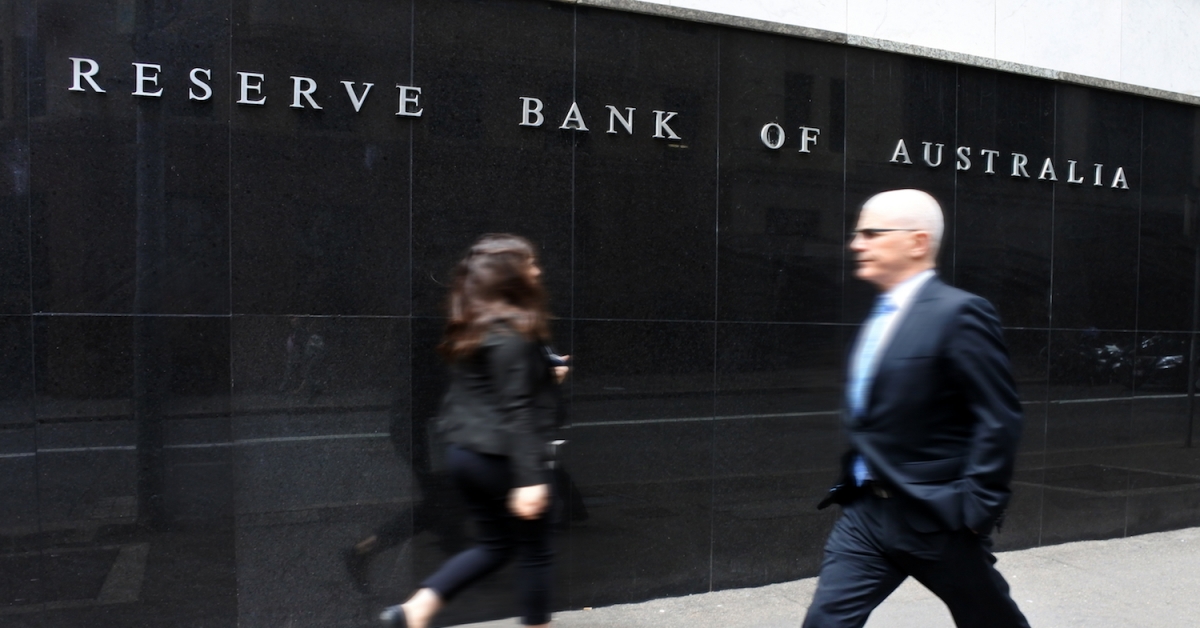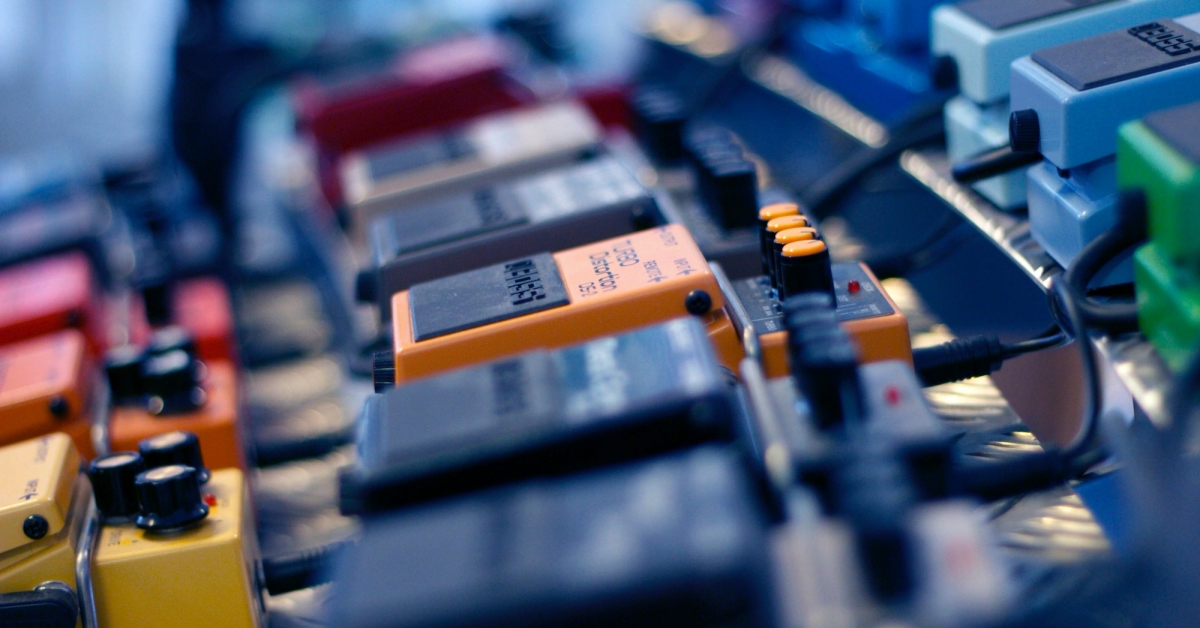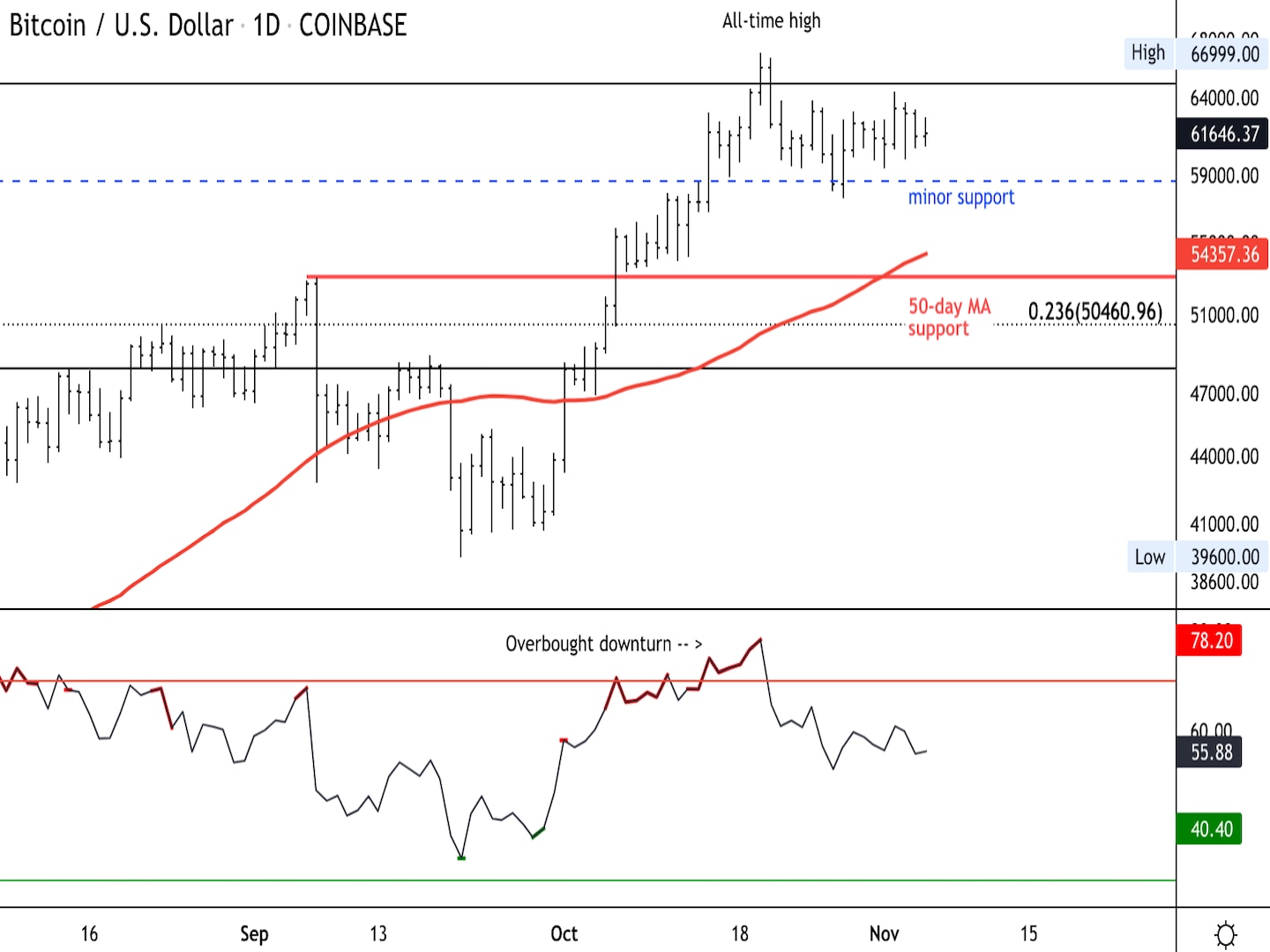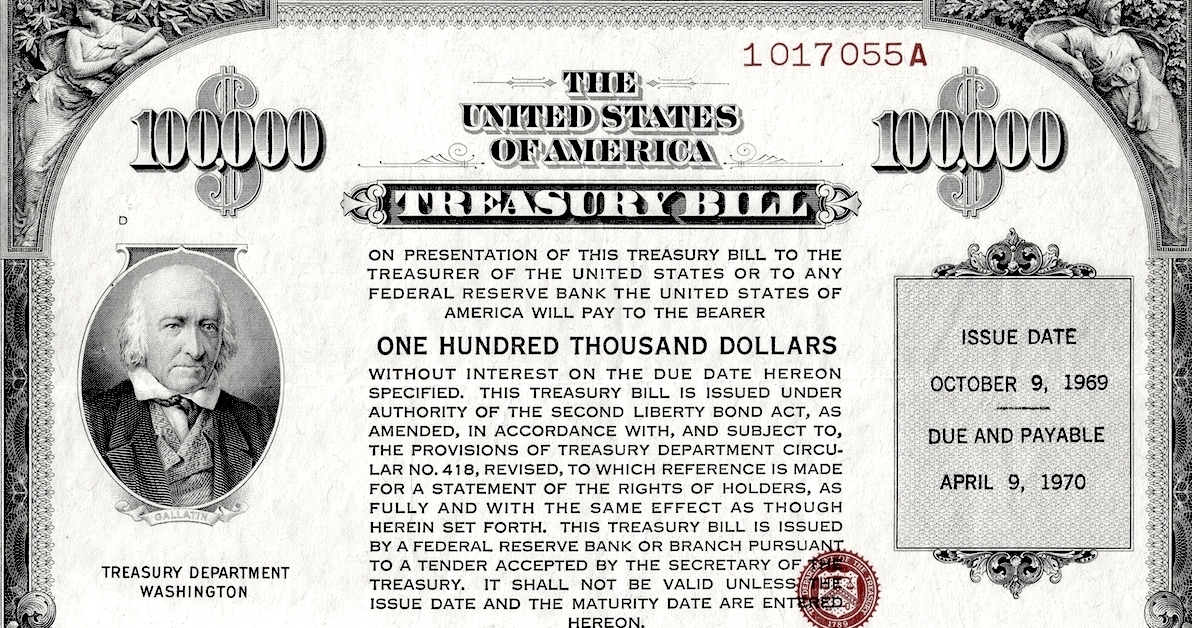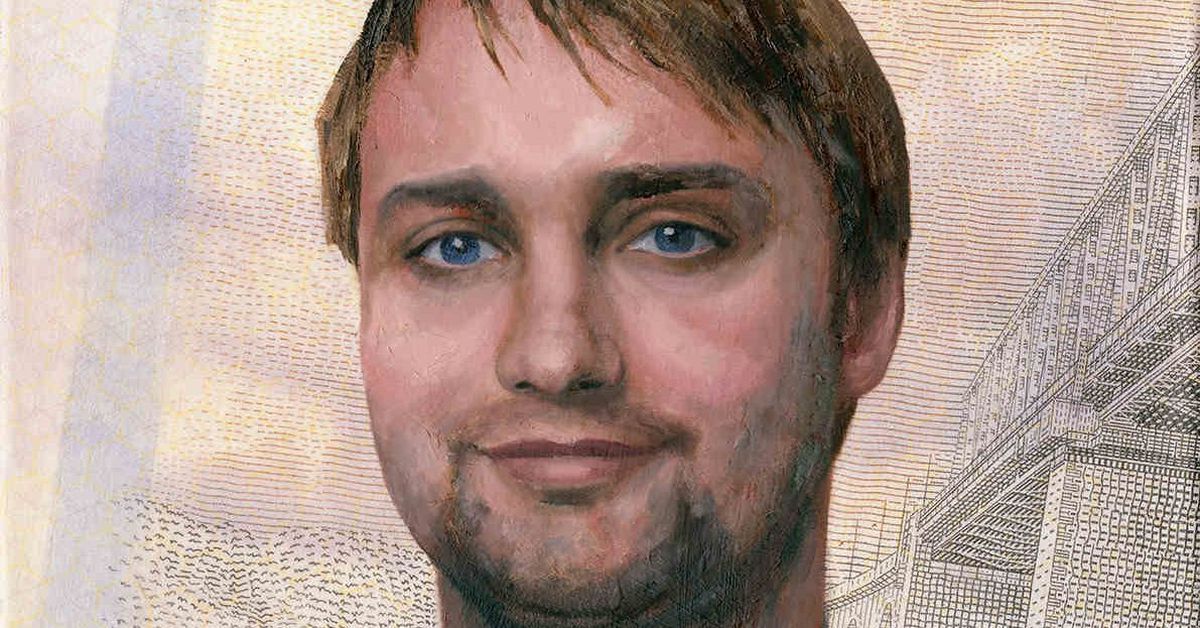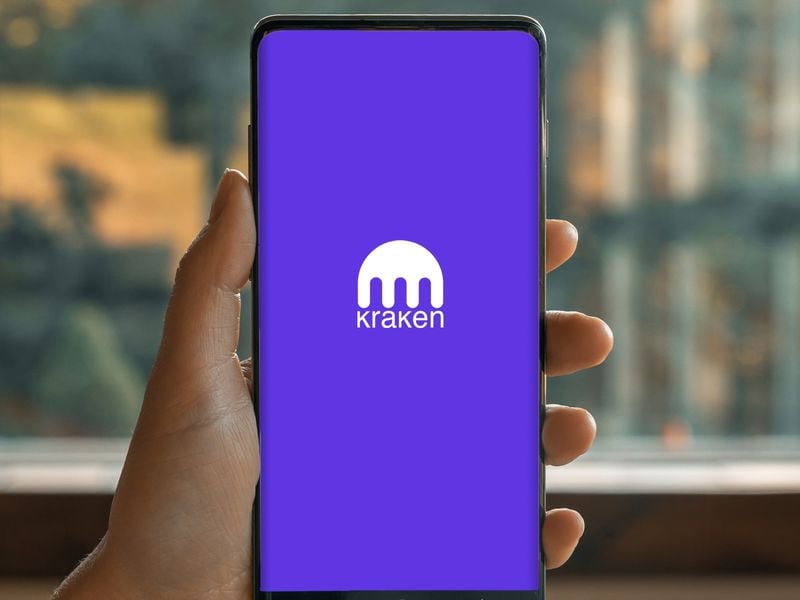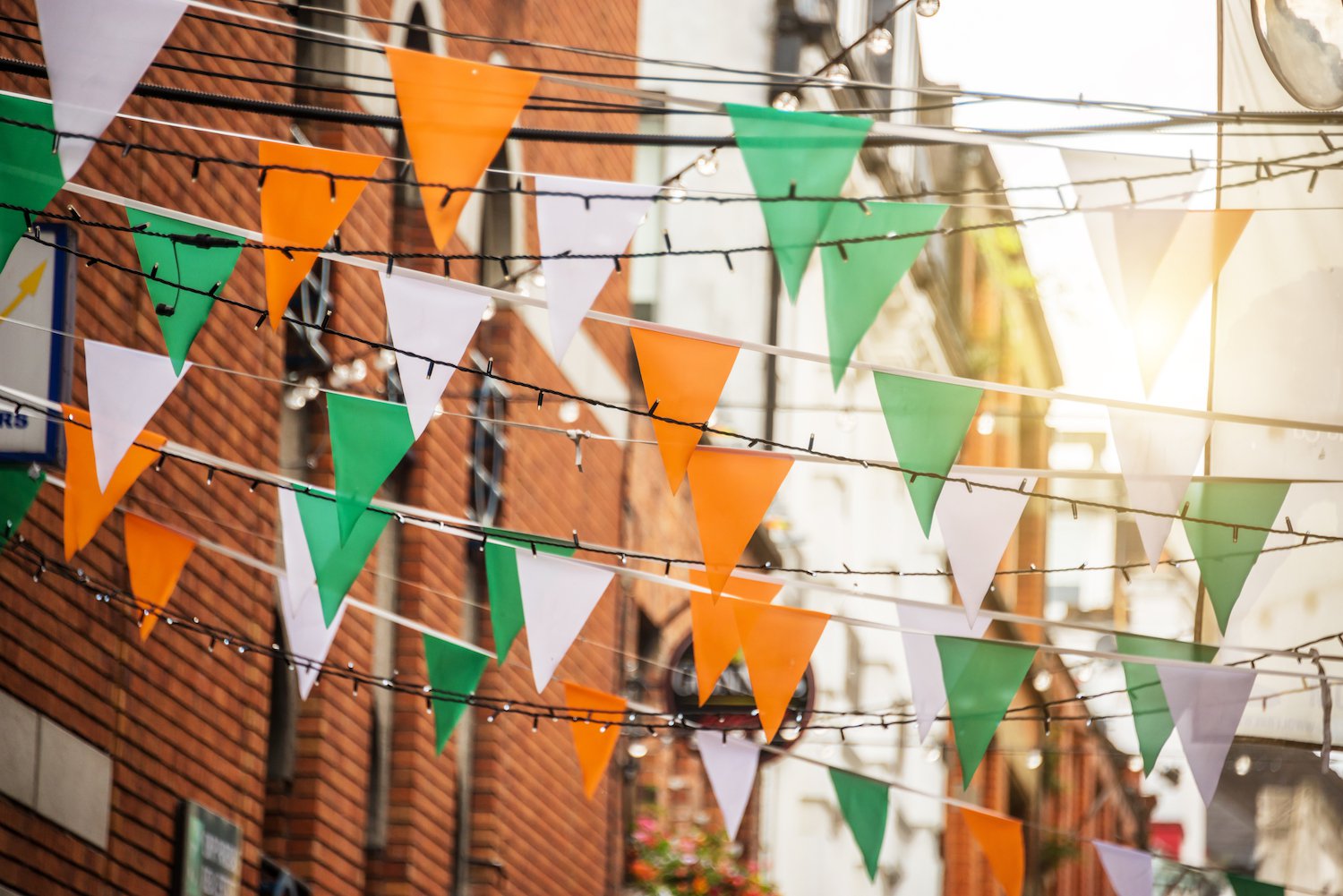How I’m Coping With Spain’s Coronavirus Lockdown
Spain
How I’m Coping With Spain’s Coronavirus Lockdown
History can come at you fast.
I live in Spain. Not on the balmy coasts – I live in Madrid, smack in the middle of the peninsula. Surprisingly, COVID-19 did not show up in the country’s epicenter first; that honor is held by the tourist-packed Canary Islands. But it was only a matter of time before we started to have cases here and, man, did it accelerate quickly.
Spain has seen its share of wars. My husband’s mother and aunts would tell tales of hunger and luck, unimaginable to younger generations. It’s seen its share of explosions – last week was the 16th anniversary of the Al-Qaeda bombs on commuter trains that killed almost 200 people and injured thousands more.
I remember that day well – everyone was totally stunned, not from fear but from shock. Except for sirens, the city was silent. What I also remember about that day is how truly amazing human spirit can be. People stood in line for hours to give blood. Bus drivers turned their vehicles into transports for the wounded. And everyone checked in with everyone. We were together.
This spirit is not unique to Spain. On September 11, 2001, my husband was on his way to an early morning meeting on the 94th floor of 2 World Trade Center. Mercifully, he was running late and was still downstairs when the first plane hit. Trudging the 65 blocks uptown back to the hotel, he told me about all the people emerging from their apartments to offer water, phones, hugs.
It’s one thing not wanting to go out much. It’s another thing entirely being told you can’t.
The Spanish have a special affinity for being together, for hanging out in public. In my neighborhood, there is literally at least one cafe-bar on every block and they’re usually busy. Most people go grocery shopping several times a week. Parks are plentiful and full of people sitting, chatting, watching the kids or the dogs play.
On March 8, we were told that schools were cancelled as of March 11. Madrid had fewer than 200 confirmed cases, Spain overall about 800. Four people had died of the disease. My daughter is 17 and in her last year of school. She had her last mock university entrance exam on Tuesday and went off worried about a bit more than calculus formulas. She asked me that night: “Mom, is there a chance today was my last day of school ever?” She and her friends have no idea whether the actual university exams will even go ahead.
The school closures started to spook people – the next morning, even with all registers open at the supermarket, lines of piled-high shopping carts stretched to the back of the store. We tried again the following morning and managed to snag one of the last packs of toilet paper, some cookies and an insane amount of pasta. On the way home, we saw people strolling into bars for their morning coffee. Although my husband and I did ask each other “What are they doing?,” I confess I marveled at the resilience of the social instinct. That was naïve.
By Thursday, Madrid had 1,400 confirmed cases. Spain had 2,700. The death toll was at 84.
On Friday, Madrid’s mayor ordered the closure of all bars and restaurants. It’s hard to explain what a shock that was to the Madrid way of life. But more was to come.
Later that day, Prime Minister Pedro Sanchez announced a “State of Alarm” for the first time ever in Spain’s history. With this, the central government assumed control of the regional governments and their police forces, giving the federal government the right to cut off highways, stop people, do whatever it felt was necessary.
On Saturday, my husband and I headed out to the supermarket for what was probably going to be our last excursion together for a while. The streets were eerily empty, with virtually no traffic. As we approached the supermarket, though, the number of pedestrians increased, all heading to the same place. No toilet paper whatsoever, but I did manage to get one of the last bottles of gin.

Later that day, we entered national lockdown. You can leave your home to go to the supermarket, the pharmacy, the bank, work (if you have to), as well as to care for others or walk your dog. Any other excursions could be met with a fine of between €1,500 and €600,000.
On Saturday, Madrid reached almost 3,000 confirmed cases, Spain almost 6,000. The death toll was at 140.
Already a day late, I was still struggling to put the Institutional Crypto newsletter together. I confess I have never had such trouble concentrating. At one stage, desperately trying to will my thoughts into some sort of coherent order (and having little success), I looked out of the window next to my desk. My neighbors across the street had taken it upon themselves to try to cheer people up by hanging out a handmade banner that said “It’ll all be ok.”

My whole family are introverts. I love being with people in short doses, and my idea of a really good time is a stimulating conversation. But I’m happy at home, and can think of nothing nicer than an excuse to curl up with a glass of wine and a good book or series. But it’s one thing not wanting to go out much. It’s another thing entirely being told you can’t. It’s inexplicably emotionally bruising, and I have it really easy. I can’t imagine how stressful it must be for parents with small children.
Word got out, via the news and circulated text messages, that at 10 p.m. local timewe were to all head out to our balconies or windows to applaud the health workers. Of course, it ended up being more than just that. At 10 p.m. in my neighborhood, someone cranked up the national anthem. Everyone on my street was out on the balconies or leaning out the windows, clapping and cheering and crying “Viva España!”. Looking out over the rooftops I could see people in windows across the whole area. The clapping went on for a good 10 minutes, with people shouting encouragement, and “Vamos!,” and “Podemos con esto!” It was moving. I may or may not have got a bit teary for a moment.
In Spain, we have a great sense of community and friendship and resilience. We know we’ll get through this.
On Sunday morning, my husband took the dog down to do his stuff. Another guy walking his dog came up to him (maintaining a healthy distance) and said: “So, your family also squabbling over who gets to take the dog out?” Those who don’t have dogs are getting creative.

In the evening of the second day of lockdown, this time at 8pm sharp, again everyone was out on the balconies, applauding and calling encouragement. Last night, day three, the same.
Today, the number of confirmed cases in Madrid has blown past 4,000. A week ago, we were under 800. Spain has reached almost 10,000, and the number of deaths is over 300.
Life in Madrid has not ground to a complete halt. Some people are still going to work, public transport is still functional although less frequent, and my local supermarket had a pretty good supply of fresh food (but still no toilet paper). And the Spanish community spirit is still admirable. My neighbor just underneath is an elderly lady who lives alone – I was the third person in the building to offer to get her groceries. And it’s a small building. Humor is still everywhere. One of our leading radio talk show hosts has just appealed to the population to take it easy – dogs are collapsing from exhaustion.
But there are dents. Police cars with bullhorns are patrolling the streets, urging people to stay home. Fines are being handed out for those with no obvious and approved destination. Celebrations for Easter, one of the most important festivals for Spanish culture, even more so than Christmas, have been cancelled.
And there is a pervasive worry. There are three of us holed up in this apartment, wondering which of us will get it first. It is totally possible that we’ll be among the lucky ones, but it’s never a good idea to count on that. I’m worried about my son living in Germany – if he gets sick, I won’t be able to go and help.
I miss my friends, and I miss my colleagues. I am sad that I couldn’t be in New York this week as planned, to welcome a new member of our team. I am starting to worry about keeping fit (yes, I have my yoga app, but I miss walking).
And what’s happening in the markets and what’s coming for the economy are pretty damn scary.
But we’re lucky. We’re lucky that this is the worst thing most of us have had to live through. We’re lucky that we can communicate with each other, pretty much whenever we want, and sometimes with symbolic backgrounds.

In Spain, we are especially lucky because we have an excellent public health system with relatively good resources and world-class doctors. We have a great sense of community and friendship and resilience. We know we’ll get through this.
For those in the U.S. and elsewhere, waiting for your lockdown turn to come, I can tell you this (from my vast experience of three days): It’s not so bad. It’s not at all nice, but the discomfort is largely emotional and psychological, and while that is definitely real, it’s a whole lot better than being sick. It’s a whole lot better than inadvertently infecting others.
Most of us go through life with an arrogant belief that we’re immune from the worst life can throw at us. We’re not, but even if that were the case, this is not about us anymore. It’s about our loved ones, our friends, our neighbors, your best friend’s grandma, the guy who runs the local bodega, the street cleaner, your kid’s teacher. It’s about doctors and nurses who are terrified of not being able to help everyone who needs it, it’s about politicians who don’t know what to do, it’s about workers who feel fear but need to keep things running, and it’s about analysts and economists who are struggling to make sense of it all.
It’s about everyone, and one thing I am sure of: we will all emerge from this with a totally different sense of the word “community.” This could have repercussions much deeper than we realise.
Stay safe, everyone. And stay home.

